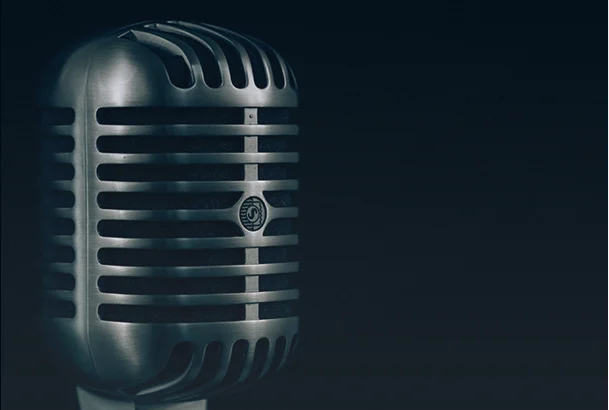
Composing original emotive piano music is a deeply personal and rewarding endeavor that allows musicians to convey their emotions and connect with listeners on a profound level. The piano, with its rich tonal range and expressive capabilities, serves as an ideal instrument for expressing a wide range of emotions. Whether you’re a seasoned composer or a beginner, the following guidelines can help you embark on the journey of creating original emotive piano music.
-
Embrace Emotional Awareness:
- Before you start composing, take time to reflect on the emotions you want to convey through your music. Whether it’s joy, sorrow, nostalgia, or a complex blend of feelings, having a clear understanding of the emotional palette you want to explore will guide your creative process.
-
Find Inspiration:
- Inspiration can come from various sources—personal experiences, nature, literature, or even visual art. Listen to a diverse range of piano music that resonates with you emotionally, and analyze how other composers convey feelings through their work. Draw inspiration from the world around you to infuse authenticity into your compositions.
-
Understand Piano Technique:
- Familiarize yourself with the technical aspects of piano playing. Knowing the instrument’s capabilities and limitations will enable you to craft compositions that are not only emotive but also playable. Experiment with different playing techniques, dynamics, and articulations to enhance the expressiveness of your music.
-
Establish a Melodic Foundation:
- Melodies form the heart of emotive piano music. Create compelling, memorable melodies that evoke the intended emotions. Experiment with different scales, intervals, and rhythms to find the melodic elements that resonate with the emotional landscape you aim to explore.
-
Utilize Harmony and Chord Progressions:
- Harmony plays a crucial role in conveying emotions. Experiment with various chord progressions and harmonic structures to create tension, resolution, and emotional depth. Consider modulations and non-traditional harmonic choices to add complexity and interest to your compositions.
-
Dynamic Contrast and Phrasing:
- Pay close attention to dynamic contrast and phrasing. Use varying levels of volume, from soft pianissimo to powerful fortissimo, to accentuate emotional shifts within your composition. Thoughtful phrasing adds nuance and shape to your musical ideas, guiding the listener through a narrative of emotions.
-
Tempo and Rhythm:
- The tempo and rhythm of your composition contribute significantly to its emotional impact. Experiment with different tempos to find the pacing that best serves the emotional narrative. Play with rhythmic patterns to create tension or evoke a sense of flow, adapting them to the emotional context of your piece.
-
Experiment with Pedaling:
- The piano pedal is a powerful tool for shaping the overall sound and mood of your composition. Experiment with different pedaling techniques to create a sense of resonance, sustain, and atmospheric qualities. Mastering the use of the sustain pedal, in particular, can add warmth and depth to your emotive piano compositions.
-
Improvise and Refine:
- Allow yourself the freedom to improvise during the composition process. Play around with ideas, explore different musical paths, and trust your instincts. Once you have a foundation, revisit and refine your work, ensuring that each element contributes to the emotional narrative you want to convey.
-
Seek Feedback and Revise:
- Share your compositions with fellow musicians or trusted friends to gain valuable feedback. Constructive criticism can provide insights into how well your music communicates emotions and where improvements can be made. Be open to revisions and embrace the iterative nature of the creative process.
Remember that composing emotive piano music is a continuous journey of self-discovery and expression. As you develop your skills and refine your artistic voice, your ability to convey emotions through your compositions will deepen, creating a profound and lasting impact on both you and your listeners.
About My Service:
Depending on the complexity of your project, we can discount our services, so please contact us before placing your order 🙂
We will compose original harp music and relaxing harp parts that can be used as background music for meditation, relaxation, therapy, healing, etc.
All titles are original and therefore 100% safe to use. Therefore, you can be sure that you will receive high quality and premium materials.

